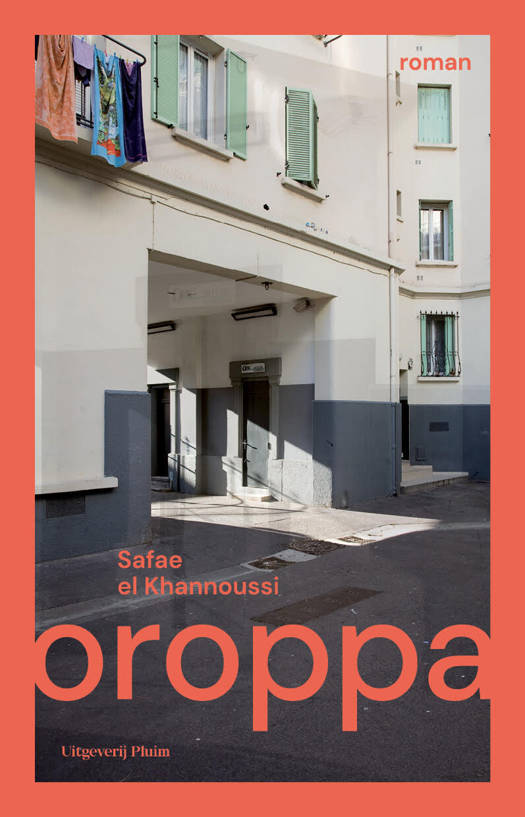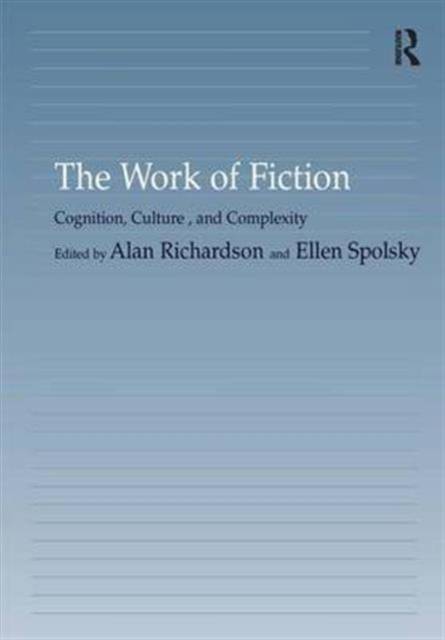
- Afhalen na 1 uur in een winkel met voorraad
- Gratis thuislevering in België vanaf € 30
- Ruim aanbod met 7 miljoen producten
- Afhalen na 1 uur in een winkel met voorraad
- Gratis thuislevering in België vanaf € 30
- Ruim aanbod met 7 miljoen producten
Zoeken
€ 182,45
+ 364 punten
Omschrijving
The essays gathered here demonstrate and justify the excitement and promise of cognitive historicism, providing a lively introduction to this new and quickly growing area of literary studies. Written by eight leading critics whose work has done much to establish the new field, they display the significant results of a largely unprecedented combination of cultural and cognitive analysis. The authors explore both narrative and dramatic genres, uncovering the tensions among presumably universal cognitive processes, and the local contexts within which complex literary texts are produced. Alan Richardson's opening essay evaluates current approaches to the study of literature and cognition, locating them on the map of recent literary studies, indicating their most compelling developments to date, and suggesting the most promising future directions. The seven essays that follow provide innovative readings of topics ranging from Shakespeare (Othello, Macbeth, Cymbeline, The Rape of Lucrece) through Samuel Richardson's Clarissa, to contemporary authors Ian McEwan and Gilbert Sorrentino. They underscore some of the limitations of new historicist and post-structuralist approaches to literary cultural studies while affirming the value of supplementing rather than supplanting them with insights and methods drawn from cognitive and evolutionary theory. Together, they demonstrate the analytical power of considering these texts in the context of recent studies of cultural universals, 'theory of mind, ' cognitive categorization and genre, and neural-materialist theories of language and consciousness. This groundbreaking collection holds appeal for a broad audience, including students and teachers of literary theory, literary history, cultural studies, and literature and science studies.
Specificaties
Betrokkenen
- Auteur(s):
- Uitgeverij:
Inhoud
- Aantal bladzijden:
- 208
- Taal:
- Engels
Eigenschappen
- Productcode (EAN):
- 9780754638490
- Verschijningsdatum:
- 22/06/2004
- Uitvoering:
- Hardcover
- Formaat:
- Genaaid
- Afmetingen:
- 155 mm x 231 mm
- Gewicht:
- 430 g

Alleen bij Standaard Boekhandel
+ 364 punten op je klantenkaart van Standaard Boekhandel
Beoordelingen
We publiceren alleen reviews die voldoen aan de voorwaarden voor reviews. Bekijk onze voorwaarden voor reviews.











